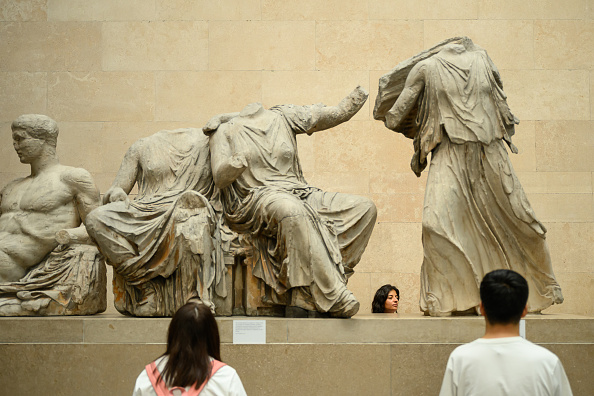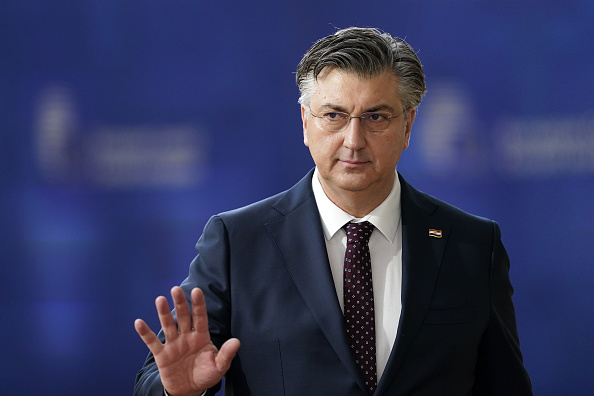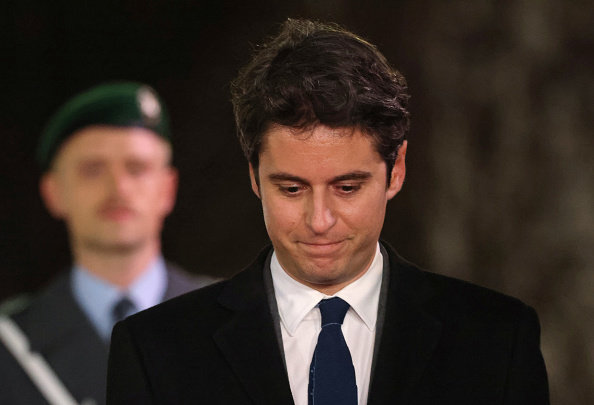As the Greek government allows citizenship for ten members of the former royal family, many Greeks have continued to pour scorn on the family’s Christmas decision to award themselves the French surname “De Grece”. Critics question whether the family’s members even spoke Greek.
In 1994, Socialist prime minister Andreas Papandreou stripped the now-late King Constantine II and his family members of their citizenship in a dispute with the government over formerly royal property and claims the king refused to renounce any right to the Greek throne for his descendants.
Analysts noted the move to allow the family back to Greece by centre-right Prime Minister Kyriakos Mitsotakis was likely to appeal only to a sharply dwindling pool of Greek monarchists.
The government “has been accused of facilitating the procedure to attract votes from the (very limited) group of Greek royalists”, Mads Henrik Højgaard, a Danish researcher who writes a Greek news digest, said on December 22.
The political significance of the royal family, even to the country’s Right, appeared to be diminished by the fact the family had almost no Greek members and was in fact much more Danish, German, and even Russian than Greek.
Yorgos Kleivokiotis, a Greek tech executive, said on December 22: “If you look at the entire genealogical tree of this family they have never, ever married a Greek citizen. Not much ‘De Grece’ in this dream team.”
He noted that Constantine II had “married Anne-Marie of Denmark. The grandfather Paul married Frederica of Hanover. The great-grandfather, Constantine I, married Sophia of Prussia. The great-great-grandfather George I, a Dane, married Olga Constantinova of Russia”.
“I bet their kids don’t speak any Greek at all,” Kleivokiotis added.
A 1994 law had assigned Constantine II the name Constantine Glucksburg, after his German-Danish ancestors.
The controversy over Greece’s former royal family and what it should be called was rekindled after its members signed a declaration on December 19 acknowledging the country’s republican government.
Members of the family will be permitted to return after having signed the declaration, although the decision will still need to be published in the Official Gazette to take force. They will also need to apply for identity cards and passports, which will need to be approved.
Their decision to adopt the “De Grece” surname drew criticism on the country’s Left.
Their choice of family name was “problematic”, Greece’s left-wing Syriza party told Greek media, “because the Greek legal order does not recognise titles and nobilities”.
Athanasios Balerpas, the interior ministry’s secretary general for citizenship, told a Greek radio station: “A historically pending matter is being resolved.”
“Let’s look to the future now. I think it’s a good moment because it closes an account from the past and we can now look forward as a people,” Balerpas added.
Constantine II had sought damages of £320 million from the European Court of Human Rights over his appropriated property, with the court in 2002 ultimately awarding him a much lower amount of €12 million.
Altogether, 10 relatives of the former king, who died in 2023 at the age of 82, have applied for Greek citizenship.
They include the five children with former Queen Anne-Marie – Alexia, Pavlos, Nikolaos, Theodora and Philippos – and five of their grandchildren.





